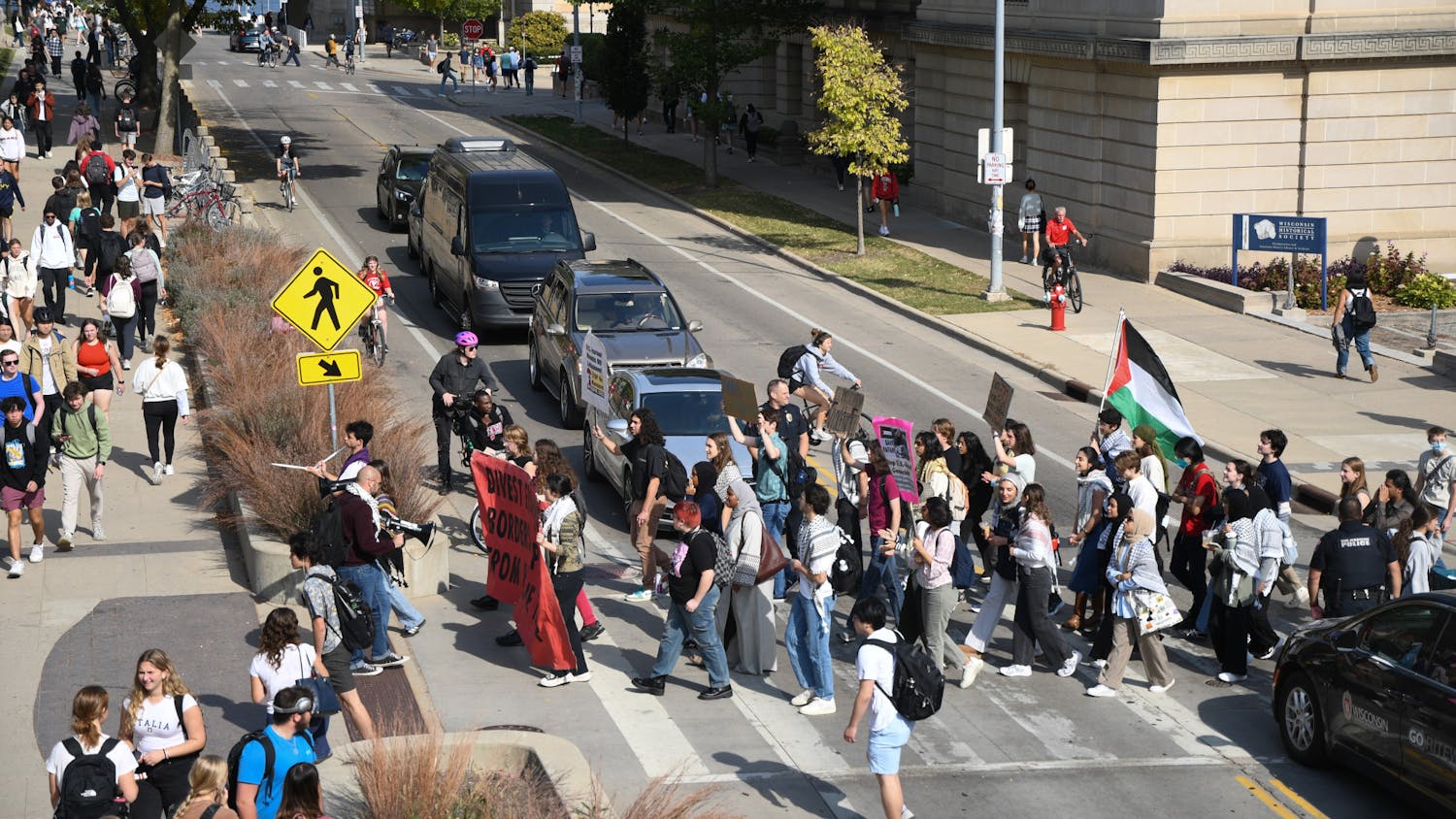A seasoned law student and veteran dean of two law schools, U.S. Supreme Court Associate Justice Elena Kagan expressed her love of academics during her talk at Memorial Union Friday.
During her speech, which was hosted by the University of Wisconsin Law School, Kagan covered everything from her early exposure to the legal world and her decision to attend law school to tips on being a lawyer in the Supreme Court.
Kagan’s initial exposure to law came not through the “glamorous” legal fiction of television shows, but through her father’s career as a lawyer.
“My father actually was the kind of lawyer who never went to the court,” Kagan said. “Now, I really understand what gave him such incredible satisfaction in the work that he did, and I also understand better than I did then the extraordinary value of that work because he was a real problem solver. He worked to solve people’s problems, and there’s very little of more value one can do in the legal profession or in life.”
After relaying her experience of entering law school and becoming enchanted with the prospect of being a lawyer, Kagan offered advice to aspiring lawyers in the audience.
“Nobody succeeds in life without good people,” Kagan said, citing her own mentors from throughout her legal career. “Making yourself a little bit vulnerable and asking the questions is the best thing you can do.”
Kagan also addressed the court’s role in government and finding common ground on court cases at a time when governmental institutions appear divisive, particularly during the period of an eight-person court after the passing of Justice Antonin Scalia in 2016.
“We have a job to do, and the job is not to model civil discourse for other institutions or for society generally. The job is to decide cases,” Kagan said. “But, I think that there are times when you can decide cases responsibly, consistent with your constitutional responsibility, in ways that also reflect some awareness of the dangers of division and the value of consensus and legality, and where you can—you can’t always—but where you can compromise.”






